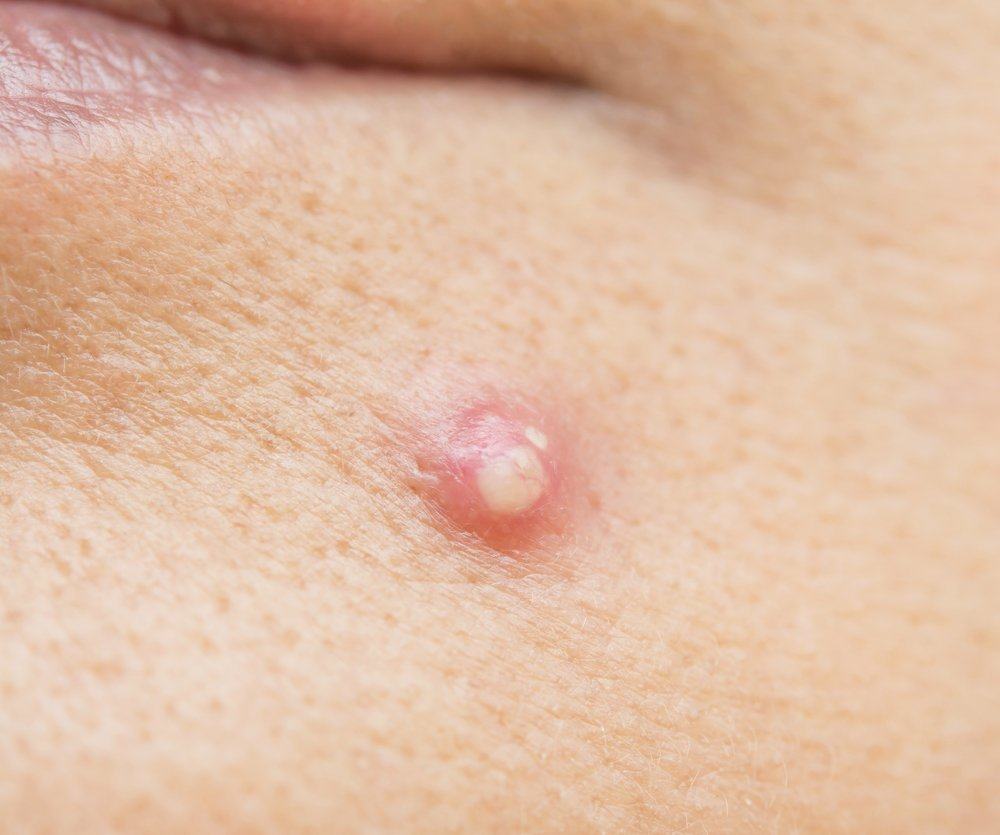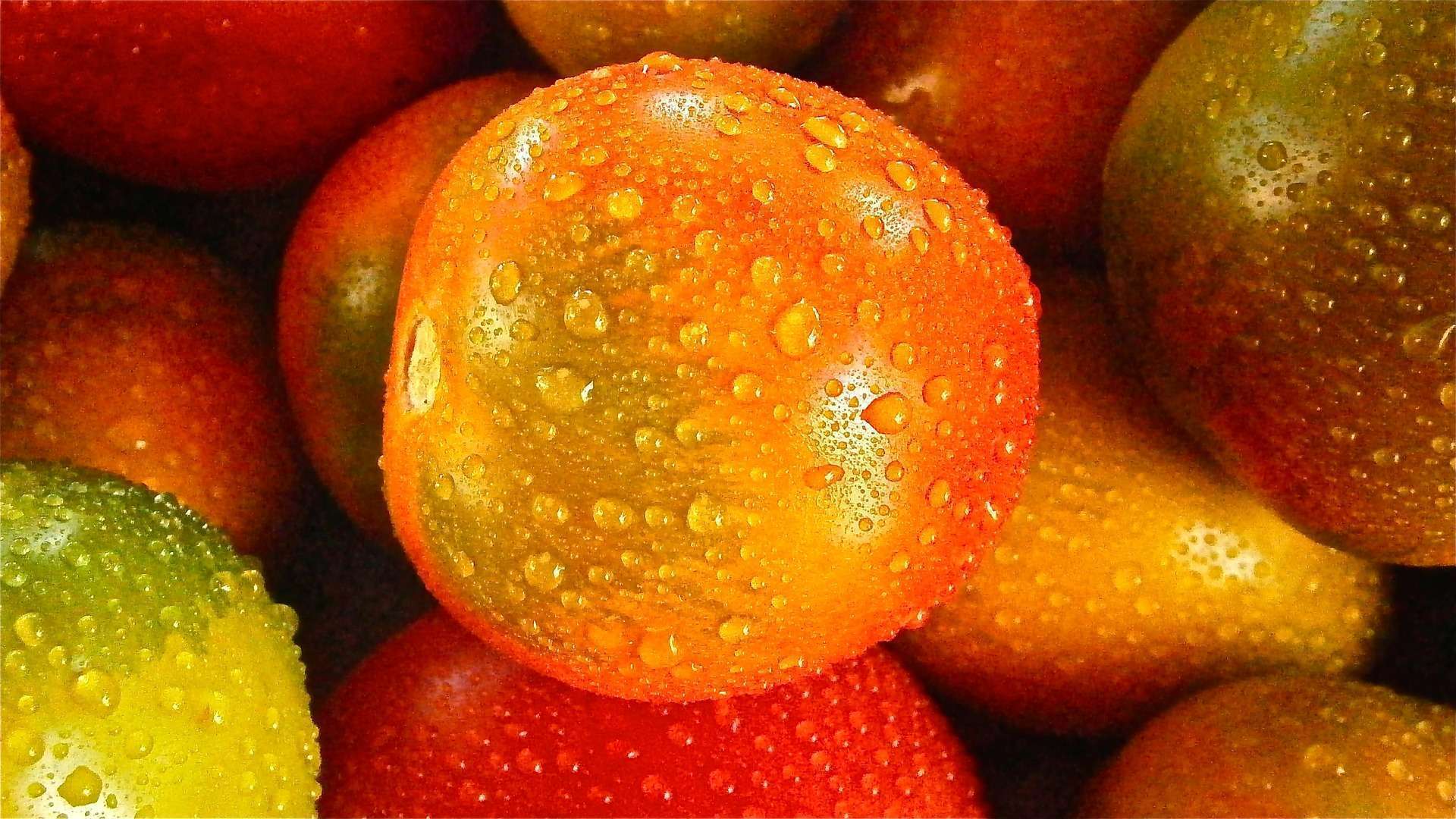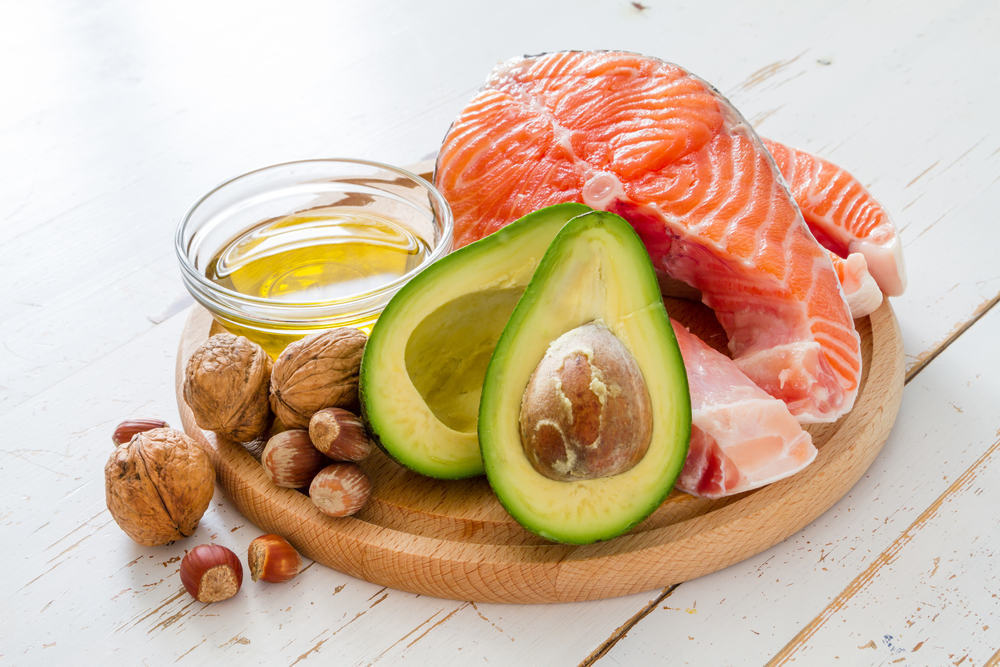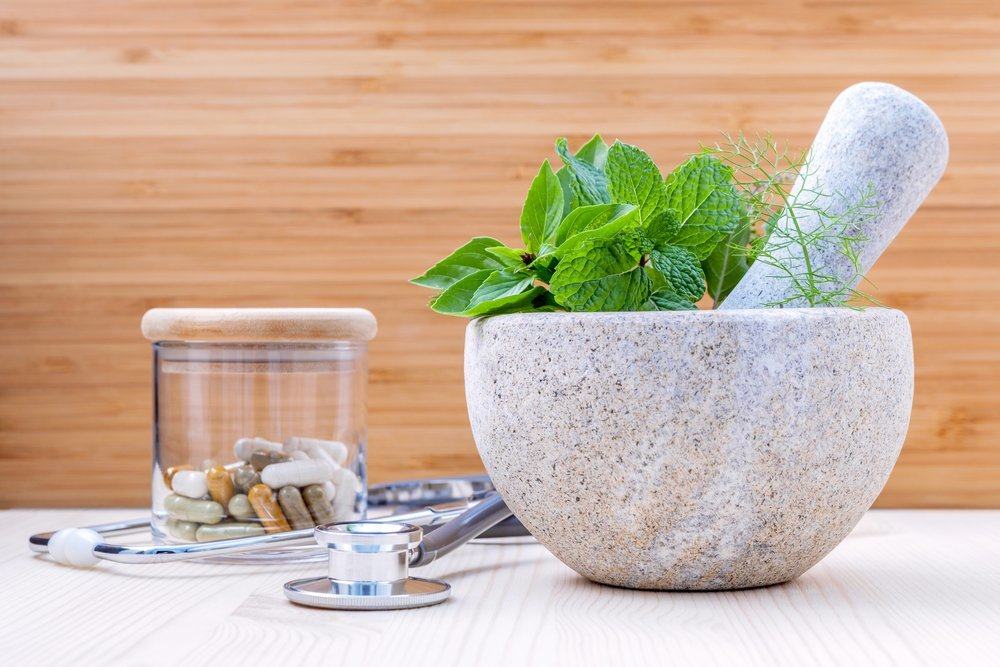Contents:
- Medical Video: 10 Super Foods that Help Improve Breast Milk Supply
- What are the nutrition of nursing mothers that must be fulfilled?
- 1. Protein
- 2. Fat
- 3. Iron
- 4. Calcium
- 5. Vitamin C
- 6. Vitamin E
- 7. Potassium
- 8. Choline
- Do I have to eat more while breastfeeding?
Medical Video: 10 Super Foods that Help Improve Breast Milk Supply
After giving birth, that does not mean you can limit your food intake. Many mothers tend to plan a diet after giving birth to get their body shape back. However, actually after giving birth, the nutritional needs of breastfeeding mothers are still high because mothers still have to give breast milk to their babies. That is, the food that the mother eats still influences the baby. Therefore, it is necessary for you to meet the nutritional needs of nursing mothers.
What are the nutrition of nursing mothers that must be fulfilled?
The following are important nutrients that need to be fulfilled by nursing mothers.
1. Protein
When you breastfeed, you still need additional protein intake. Protein is an important nutrient needed in building and repairing various tissues in the body. Protein also plays an important role in the growth and development of your baby in the early days of his life. For yourself, protein is also needed to help recovery after pregnancy and childbirth. You can get protein from meat, chicken, fish and seafood, eggs, cheese, milk, yogurt, and other protein sources.
Needs (AKG 2013): 76-77 grams per day
2. Fat
Fat is also needed to support your baby's growth and development, your body needs fat. However, keep in mind that you should consume fat in the form of monounsaturated or polyunsaturated fats, and limit consumption of saturated fats and trans fats.
Sources of unsaturated fats, namely avocados, fatty fish (such as salmon), nuts, seeds, olive oil, and canola oil. Meanwhile, bad fats that you should avoid can be sourced from fried foods and fatty meats.
In addition, the fats in fatty fish also contain fat derivatives, namely omega-3 fatty acids. Where omega-3 fatty acids can support the growth of the baby's brain. You can get omega-3 fatty acids from salmon, tuna, herring, sardines, and nuts (such as walnuts, canola, and flaxseed).
Needs (AKG 2013):
- The first 6 months of breastfeeding: 71-86 grams per day (needs decrease according to the age of the mother)
- The second 6 months of breastfeeding: 73-88 grams per day (the need decreases according to the age of the mother)
3. Iron
Iron requirements are still high in nursing mothers. Iron is needed to prevent anemia after giving birth. If you are not anemic after giving birth and breastfeeding exclusively, you usually do not need iron supplements. This is because you usually do not experience menstrual periods during the first 4-6 months after giving birth, so there is no iron lost through menstrual blood. Meanwhile, mothers who experience anemia after giving birth usually need iron supplements.
You can meet your iron needs from consumption of meat, chicken, fish and seafood, egg yolks, and green vegetables (such as spinach and broccoli).
Needs (AKG 2013):
- First 6 months of breastfeeding: 32 mg per day
- The second 6 months of breastfeeding: 34 mg per day
4. Calcium
Not only during pregnancy, high calcium requirements are also needed when you are breastfeeding. Pregnancy and breastfeeding can cause a temporary decrease in bone mass. However, this decrease in bone mass will usually return after you stop breastfeeding. Don't worry, you can prevent this decrease in bone mass by consuming higher amounts of calcium during pregnancy and lactation.
You can get calcium from milk and milk products (such as cheese and yogurt), and green vegetables (such as spinach, broccoli, mustard greens, kale leaves, and others).
Needs (AKG 2013): 1200-1300 mg per day (needs decrease with age)
5. Vitamin C
Nursing mothers need more vitamin C than when they were still pregnant. Vitamin C plays a role in tissue growth and repair, so it is needed by mothers and babies. Vitamin C is important in the growth of bones, teeth, and collagen. You can get vitamin C from oranges, broccoli, potatoes, tomatoes, kiwi, cabbage, guava, mangoes, and others.
Needs (AKG 2013): 100 mg per day
6. Vitamin E
Vitamin E can also help you prevent anemia after giving birth. Vitamin E is also rich in antioxidants which can protect the baby's eyes and lungs from various problems due to lack of oxygen. In addition, vitamin E also plays a role in maintaining healthy muscles, the cardiovascular system, and the nervous system. Some food sources that contain vitamin E are almonds, spinach, asparagus, mangoes, avocados, and peanut butter.
Needs (AKG 2013): 19 mg per day
7. Potassium
Potassium plays a role in maintaining fluid and electrolyte balance in the body. When breastfeeding, you need more fluids because you produce milk every day. This increase in fluid requirements is followed by an increase in the need for potassium to help maintain fluid balance in the body. In addition, potassium also plays a role in the work of the nervous system and also muscle contraction.
You are very easy to find potassium because it is found in many foods, such as potatoes, bananas, oranges, tomatoes, spinach, almonds, and others.
Needs (AKG 2013): 5100 mg per day
8. Choline
Choline is very important for the development of your baby's brain. However, choline is not easily found in many foods. You can get choline from chicken, beef liver, wheat, cauliflower, and eggs, especially egg yolks. You can get 250 mg of choline in 2 eggs.
Needs (AKG 2013): 500 mg per day
Do I have to eat more while breastfeeding?
Yes, not to forget, nursing mothers need additional calorie intake, even greater than pregnant women. If you think that after giving birth you can reduce your calorie intake, you are wrong because you have to eat more. When breastfeeding, you need extra calories because you have to produce milk for your baby. It's best not to limit your food intake. Don't worry about your weight, because exclusive breastfeeding can actually help you gain your initial weight.
Needs (AKG 2013):
- First 6 months of breastfeeding: 2480-2580 kcal per day (needs decrease with age)
- The second 6 months of breastfeeding: 2550-2650 kcal per day (needs decrease with age)
Note: These calorie requirements can be different between breastfeeding mothers, depending on weight, height, age, and level of physical activity.
READ ALSO
- List of Foods that Mothers Should Avoid
- Can Breastfeeding Mothers Are When Sick?
- Is it true that Katuk Leaves Make Milk More Smooth?












